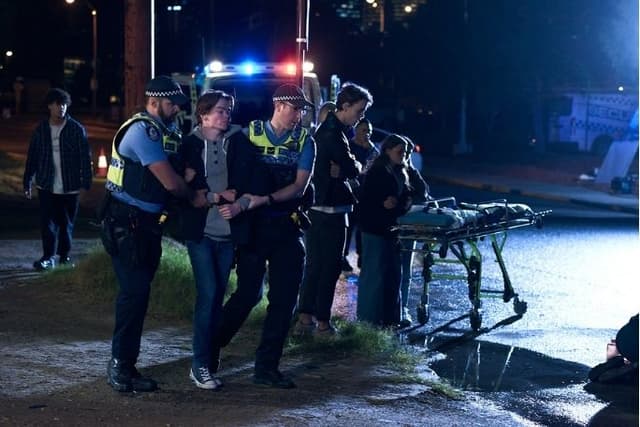
Coward Punch - 1 On 1 - I Really Messed Up This Time
Lesson7 of 7 in this unit
SecondaryYear 7 - 12Health and Physical EducationHealthSocialMental HealthPhysical Health
Summary
Lesson Guides and Printables
Lesson Plan

Student Worksheet


Lesson Plan

Student Worksheet
